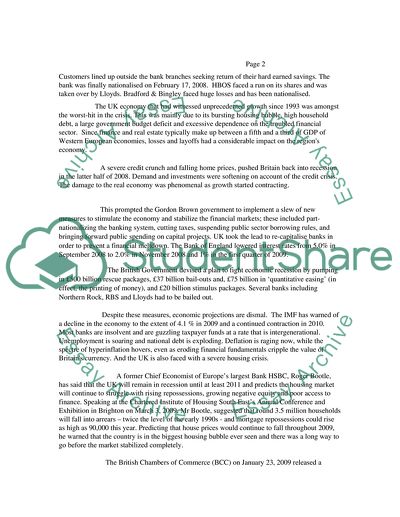Cite this document
(Impact of Financial Crisis on UK Economy Assignment, n.d.)
Impact of Financial Crisis on UK Economy Assignment. Retrieved from https://studentshare.org/macro-microeconomics/1726515-macro-economics
Impact of Financial Crisis on UK Economy Assignment. Retrieved from https://studentshare.org/macro-microeconomics/1726515-macro-economics
(Impact of Financial Crisis on UK Economy Assignment)
Impact of Financial Crisis on UK Economy Assignment. https://studentshare.org/macro-microeconomics/1726515-macro-economics.
Impact of Financial Crisis on UK Economy Assignment. https://studentshare.org/macro-microeconomics/1726515-macro-economics.
“Impact of Financial Crisis on UK Economy Assignment”, n.d. https://studentshare.org/macro-microeconomics/1726515-macro-economics.


